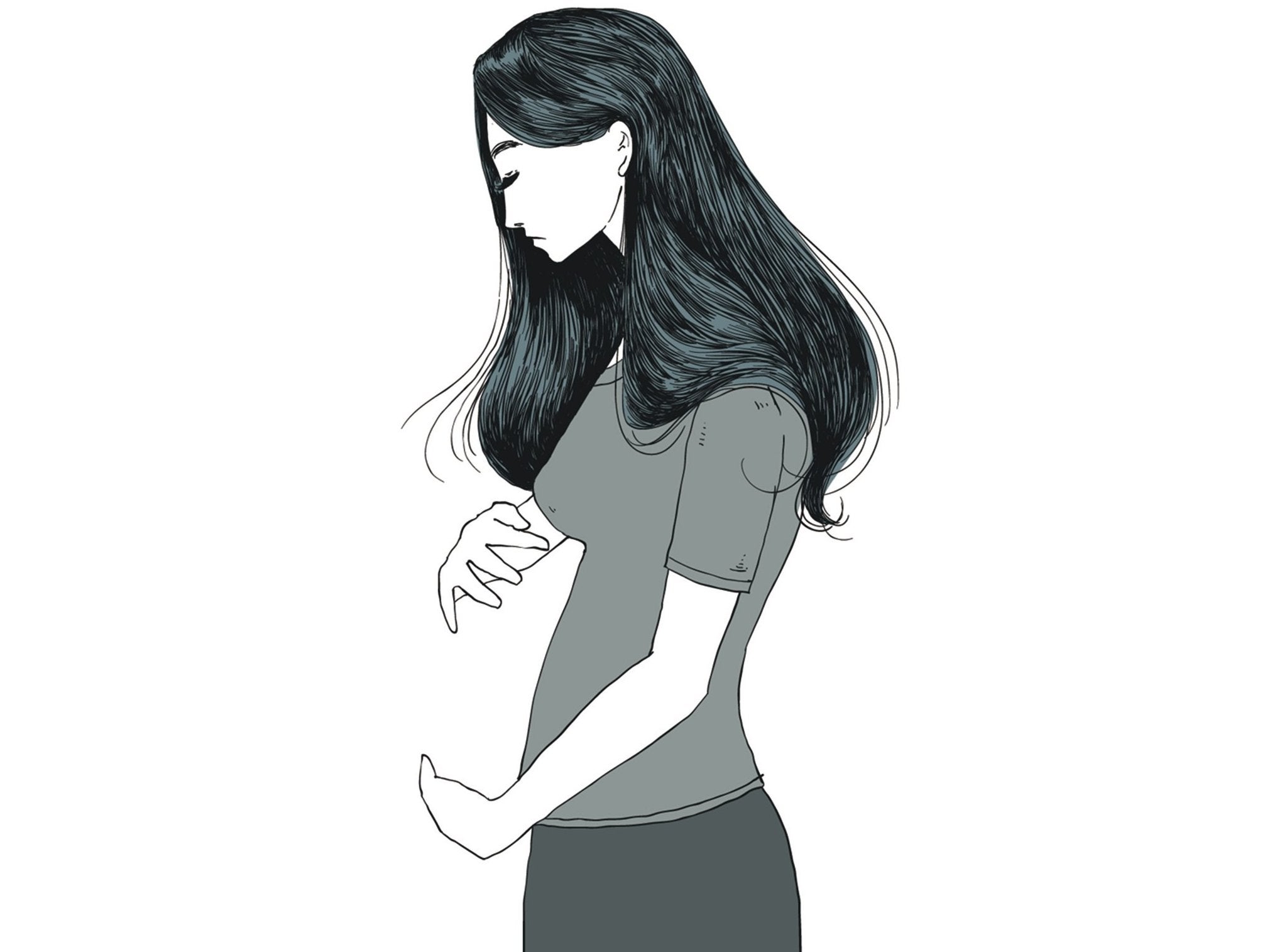It’s time to break the taboo around miscarriage
New research shows that many women who experience miscarriage or ectopic pregnancy experience PTSD symptoms long afterwards. We must make it easier for them to get help

Most people don’t go around talking about their miscarriages. It’s not really something you shout about. What’s more, people often feel embarrassed or even guilty about them.
For some mums, leaving having babies till later or difficulty conceiving in general means the problem can be twofold, as there’s often still a stigma attached to saying you’re having IVF or IUI.
When they do actually get pregnant, most expectant mothers understandably keep the whole thing a secret because of how fragile the first four months can be. But one in four of all pregnancies end in miscarriage, and new research released this week shows that one in six women who’ve had a miscarriage or an ectopic pregnancy suffer from symptoms of PTSD for at least nine months afterwards – symptoms often associated with war veterans or disaster survivors.
The taboos and secrecy help miscarriages to often go untreated with the seriousness they deserve. A problem shared is a problem halved, but as with so many problems affecting women – periods, menopause, post-natal depression – we often feel embarrassed, as if we’re moaning or just plain wrong to air them. We would never dream of dismissing the feelings of a war veteran.
Having seen many of my friends go through the trial of trying month after month to conceive, then finally the joy of getting pregnant followed by the heartbreak of miscarriage, I know how lonely and isolating it can be to have to go back to square one carrying that heartbreak with you.
It’s clear we need to talk about this more. It’s a massive issue that women shouldn’t have to go through alone.
Join our commenting forum
Join thought-provoking conversations, follow other Independent readers and see their replies
Comments